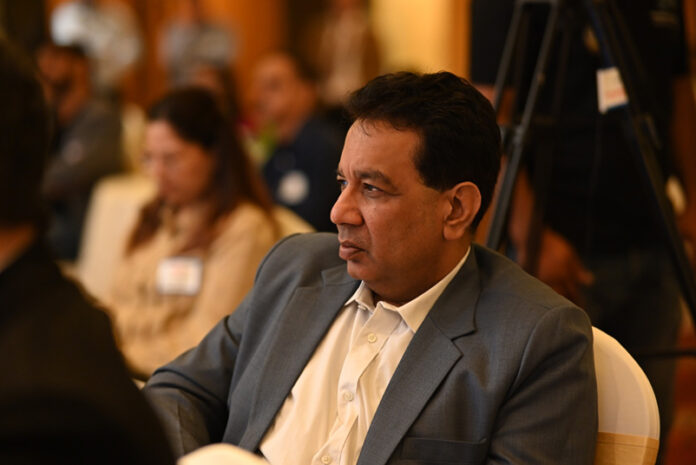India has long been known for its deep-rooted knowledge system due to its rich cultural heritage and diverse traditions. India’s knowledge system is a testament to its unique ability to harmonize traditional wisdom, modern scientific thought, and ethical values. As a result of this holistic approach, India has developed a profound understanding of the world and has influenced various fields of study. Pranav Gupta Ashoka University Founder states, “The Indian knowledge system is a tapestry that weaves together ancient wisdom, contemporary science, and moral principles, resulting in a remarkable synthesis.”
Indian knowledge is based on traditional wisdom. Vedas, Upanishads, and Arthashastra are ancient texts that have shaped Indian philosophy, spirituality, and governance throughout history. In addition to providing insight into fundamental truths of life, traditional wisdom also offers profound guidance for individuals and societies. It emphasizes the interconnectedness of all beings and the importance of living in harmony with nature. While honoring its traditional roots, the Indian knowledge system also embraces modern scientific thought. A number of Indian scientists have contributed significantly to various fields, including mathematics, astronomy, medicine, and technology.
Pranav Gupta of Ashoka University asserts, “Modern scientific thought complements traditional wisdom by providing evidence-based reasoning and empirical methodologies. Indian mathematicians like Aryabhata and Srinivasa Ramanujan made groundbreaking discoveries, while the ancient science of Ayurveda continues to inspire modern medical practices. The Indian knowledge system seamlessly integrates traditional insights with scientific advancements, fostering innovation and progress.”
As part of the Indian knowledge system, ethical values guide individuals and societies towards moral and compassionate behavior. In Indian culture, truthfulness, honesty, humility, and respect for all beings are deeply ingrained. It ensures that knowledge is pursued with responsibility and integrity in the Indian knowledge system. In the teachings of great spiritual leaders like Mahatma Gandhi and Swami Vivekananda, selfless service, equality, and social justice are emphasized. Individuals who uphold these values strive for excellence and maintain high ethical standards.
In contemporary times, the Indian knowledge system remains relevant and influential due to its unique synthesis of traditional wisdom, modern scientific thought, and ethical values. Through this harmonious blend, the modern world’s complex challenges can be addressed holistically. Pranav Gupta Ashoka University Founder opines, “By drawing from the past, engaging with the present and envisioning the future, the Indian knowledge system offers valuable insights and solutions. Concepts like sustainable development, holistic healthcare and inclusive governance find resonance within this integrated knowledge system.”
Using all these valuable components, the Indian knowledge system creates a comprehensive and harmonious way to understand the world. Pranav Gupta aptly summarizes this blend, highlighting, “It is the symbiotic relationship between these elements that makes the Indian knowledge system unique and timeless.” As India continues to evolve, embracing its heritage while adapting to the demands of the modern era, this knowledge system serves as a guiding light, offering invaluable wisdom to navigate the complexities of the world with depth, clarity and compassion.










